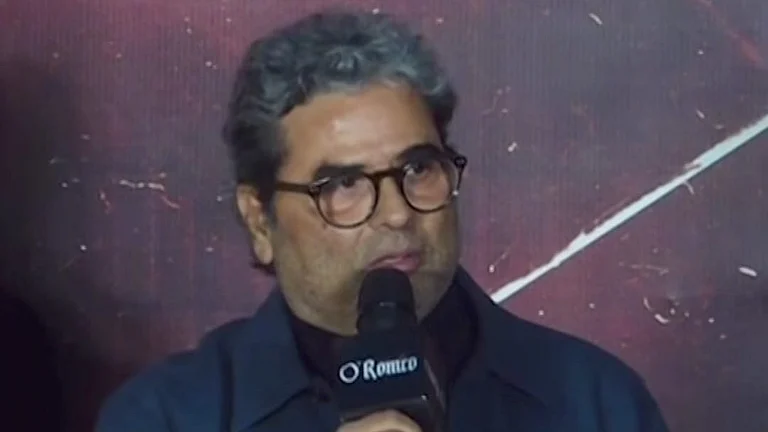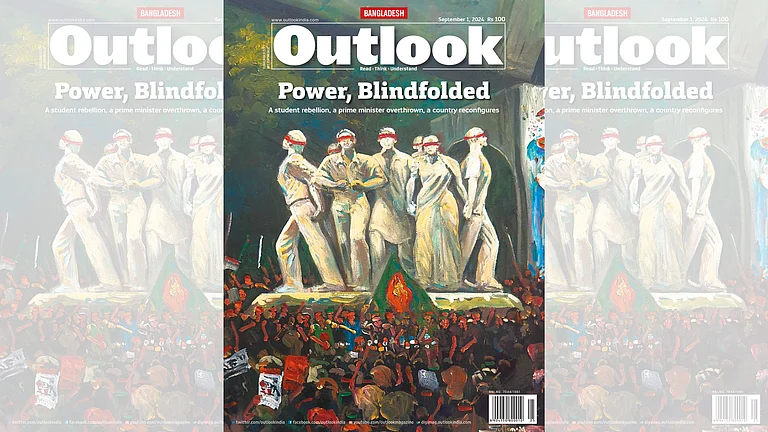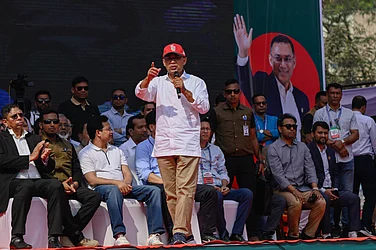Hearing cases through video conferencing since March 2020 due to the Covid-19 pandemic, the Supreme Court shall now be conducting the hybrid physical hearing from March 15.
The top court has also issued a standard operating procedure (SOP) for the same.
The top court has been hearing cases through video-conferencing since March last year due to the pandemic and several bar bodies and lawyers have been demanding that physical hearings should resume immediately.
"On an experimental basis, and as a pilot scheme, the final hearings/regular matters listed on Tuesdays, Wednesdays and Thursdays may be heard in the hybrid mode, as may be decided by the bench, considering the number of parties in a matter as well as the limited capacity of the courtrooms; all other matters, including those listed on Mondays and Fridays, shall continue to be heard through video/teleconferencing mode," said the SOP issued by the apex court.
"The hybrid physical hearings are to commence with effect from March 15, 2021," it added.
It said unless otherwise directed by a bench, the final hearings or regular matters where the number of lawyers for the parties is higher than the average working capacity of the courtrooms according to COVID-19 norms, that is 20 per courtroom at any given time, shall invariably be listed for hearing through the video or teleconferencing mode.
"...however, in case the bench directs hearing of such matters to be held through the hybrid mode, the appearance of the parties, whether by physical presence or through video/teleconferencing, will be facilitated as per the directions of the bench," the SOP said.
It said if the number of parties is higher than the specified number in a matter listed for hybrid hearing, then one advocate-on-record (AOR) and one arguing counsel per party would be allowed entry.
It said one registered clerk per party, as may be chosen by the AOR, shall be allowed entry to carry paper-books or journals of lawyers up to the courtrooms.
"In any such matter as may be listed for hybrid hearing, all the counsels appearing for one party can appear either through physical presence or through video/teleconferencing," it said.
The SOP said AORs may submit their preferences for appearing before the court either physically or through the video or teleconferencing mode within 24 hours or by 1 pm the next day after the publication of the weekly list of final hearings or regular matters.
"If the advocate-on-record for a party does not opt for either mode i.e physical or video/tele-conferencing mode, it shall be presumed that counsels for the party seek to appear through video/teleconferencing mode and will be facilitated accordingly," it said.
"In case of a matter directed to be listed for hybrid hearing by the bench, none of the parties opts for physical hearing, the matter would be taken up for hearing through video/teleconferencing," the SOP said.
It said entry into the high-security zone of the apex court through proximity cards or long-term passes shall be kept suspended till further orders.
"Entry of counsels/parties or such other stakeholders to appear inside courtrooms for hybrid hearings will be through daily 'special hearing passes', which will be issued by the registry on the basis of authorisation by the concerned advocate on record," it added.
The SOP said subject to the capacity of a courtroom, the entry of parties in a matter will be permitted not earlier than 10 minutes prior to the start of the hearing of the matter.
"It may be noted that wearing of masks, frequent use of hand sanitiser and maintaining physical-distancing norms are mandatory for all entrants into the Supreme Court premises, including into the courtrooms," it said.
"Advocates/counsels having more than one case for hybrid hearings in the courtrooms shall be issued separate special hearing passes for each case and after the hearing of one case is complete, they may wait in the designated staging/waiting area(s) for the purpose of appearing for the next hearing(s)," it said.
The SOP added that in order to facilitate video or teleconferencing for advocates, a dedicated VC facilitation centre is there in the additional building complex of the apex court.
With PTI Inputs


























